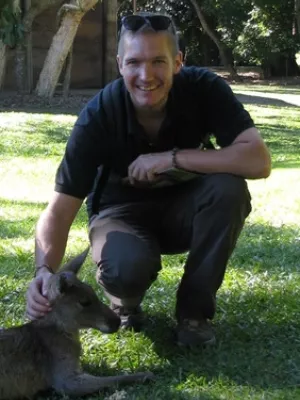
Paul Caplat
Forskare

Integrating ecological knowledge, public perception and urgency of action into invasive species management
Författare
Summary, in English
Recently Prévot-Julliard and colleagues presented a concept paper on biological conservation strategies using exotic species as a case study. They emphasized the difficulty of integrating conservation into a broad picture that accounts for public perception as well as scientific knowledge. We support this general call for better integration of society in conservation research, but we believe that the original framework might misguide conservation practices if wrongly interpreted. Our objective is to complement their paper and correct a few misleading points, by showing that (1) for regions of high endemicity "reservation" may be the best conservation practice, and does not prevent public participation, (2) aiming for broad societal agreement is valuable, but in some cases risky, and always complex, and (3) calling a harmful invasive species harmful shouldn't be an issue. The Australian context provides us with many cases of the labeling of exotic species as harmful or not, using inputs from scientists, industry, and the public. Integration of social and scientific points of view can only improve conservation on the ground if it allows managers to use the ecological, economic and social impacts of exotic species to prioritize conservation actions in an operative way.
Publiceringsår
2011-11
Språk
Engelska
Sidor
878-881
Publikation/Tidskrift/Serie
Environmental Management
Volym
48
Issue
5
Dokumenttyp
Artikel i tidskrift
Förlag
Springer
Nyckelord
- Australia
- Conservation policy
- Invasive management
- Social integration
Status
Published
ISBN/ISSN/Övrigt
- ISSN: 0364-152X